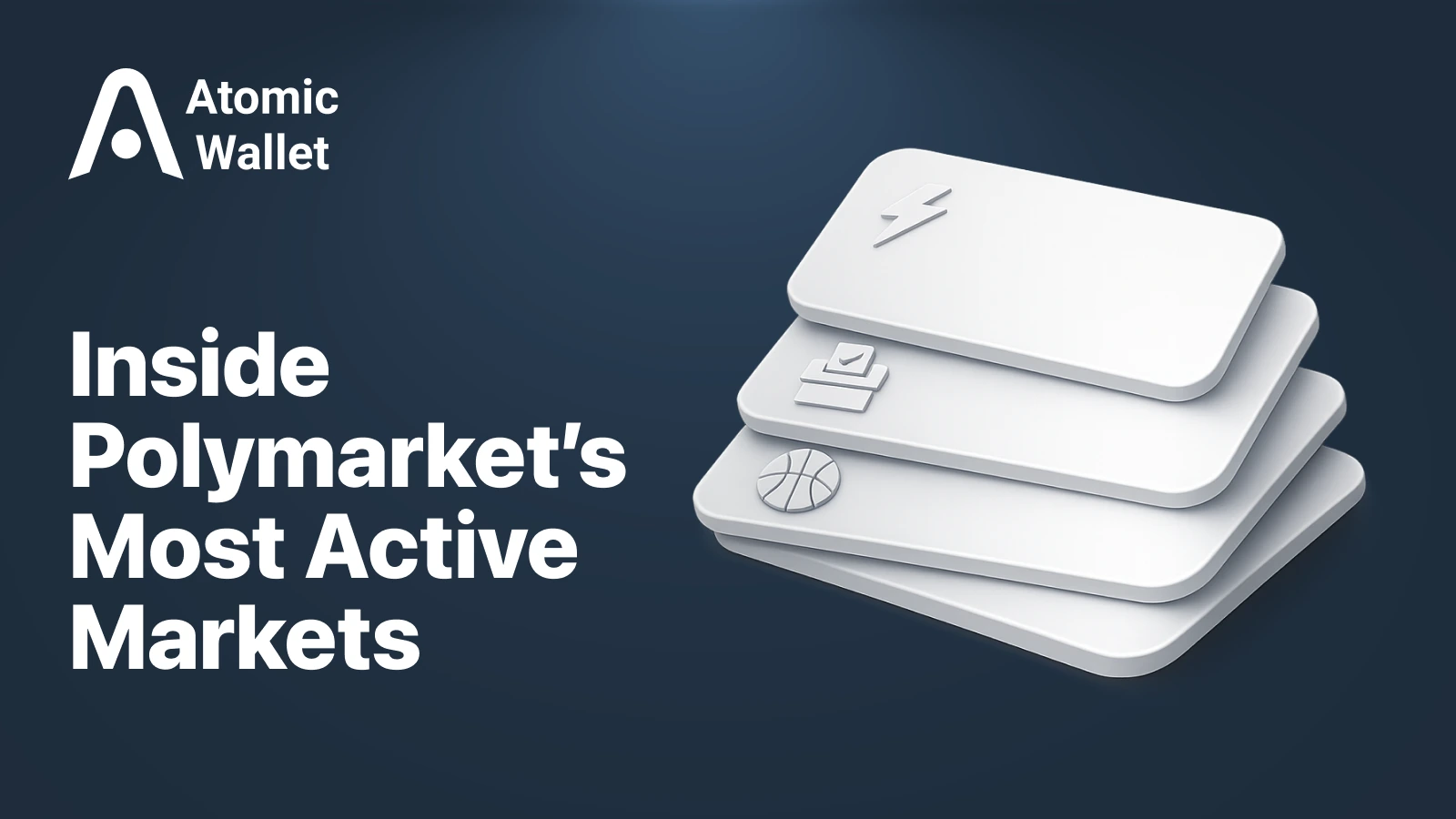Assets

Exchange

Buy Crypto

Products




For a newbie, the world of crypto may seem complex in the beginning, when all these new terms fall on your heads. In order to get to the bottom of it, you need to start with the most basic ones: what is a cryptocurrency, how it is different from digital money, what are its features, and more. In this article, we’ll provide you with a detailed explanation of these notions and help you understand the nature of crypto and why it is gaining popularity with every day.

Cryptocurrency is sort of digital money: the coins exist only in the electronic form and are intangible. The main technology behind crypto is data encryption which allows for anonymity and safety of transactions.
Another important feature of crypto is that they normally operate on the blockchain network which brushes aside the need of any third party and makes the payment system decentralized.
Consecutively, blockchain technology provides the opportunity for peer-to-peer transactions implying that you can send any amount of money anywhere in the world without the necessity of getting an approval from your bank. On the flipside, cryptocurrencies can be erased from your wallet or lost in case of your device breakdown or if you simply lose the private keys, as there is no central storage of your money.
There are over 2,000 active cryptocurrencies today. The most popular ones are Bitcoin, Ethereum, XRP and Litecoin.
Bitcoin was created in 2008. Bitcoin creators have been encouraged to work on a new means of payment to make transactions faster and accessible to everyone as the multiple banks at that time were being accused of charging high fees and had slow and uncomfortable money transfer systems. As a result, the first cryptocurrency was born. People used their hardware and “mined” Bitcoin, or simply buy it in an exchange. BTC has gained popularity around the globe, and now it is accepted as a means of payment in many places like stores, restaurants or even hospitals. Today, Bitcoin is considered to be more reliable than even some national currencies in the third world countries, as it is the case of Venezuela.

In contrast to cryptocurrency with its encryption features and blockchain technology, digital currencies are a generic term encompassing all money in the electronic form. In a legal sense, digital money acts exactly as fiat and is regulated by law. You can use it to pay for services, buy goods or simply send to other people. Any currency that can be transferred online falls into the category of digital money, including crypto.
Consecutively, one of the main features of digital money is its intangibility. Fiat money is converted into digital form and is stored in electronic wallets afterward.
Finally, due to its intangible nature, digital money is transactable online, so you are able to perform instantaneous transactions simply by having access to your wallet.
The most obvious and common example of digital money is Paypal: its creation has facilitated cross-border financial transactions and reduced the time of payment processing. Another bright example of digital currencies is WebMoney which is an online payment system. Users have electronic wallets where they keep funds in the digital form.


Faster and more private transactions
Crypto provides users with fast payments: some blockchains are able of processing several transactions per second at their pick, and the average processing time for one transaction is short as well (for example, 3.74 for XRP ledger close time). Contrary, a common bank payment is normally processed during 3 to 5 days. With faster transactions, your business will work faster as well.
Cross-border payments
Furthermore, you are not limited by geographical borders as it’s the case of sending money via banks: cryptocurrency can be received anywhere in the world. This feature brings international payments to a new level and is very advantageous for industries and corporations.
Transparency and decentralization
The full transparency of crypto allows for the accessibility of data to everyone, as the information about each transaction is saved on a blockchain shared ledger and shared in real time. Once registered, the data can’t be erased, so there is less chance of giving room to fraud.
Building a sustainable and cost-efficient infrastructure
With the blockchain technology and smart contracts used to their best extent, the international market could come up with a new infrastructure that will be less costly and much more efficient. There will be no human involvement providing for faster payment processing and reducing the likelihood of a mistake in manual calculations.
Briefly, digital money is a generic terms for any assets in the electronic form. Cryptocurrencies are a part of digital money, but they have several unique features, such as encryption process, decentralization, anonymous and fast transactions, and more. Today, more and more people understand the benefits of using crypto coins which promotes further development of the blockchain technology and crypto solutions.


Explore the most active and profitable Polymarket categories in 2026. Learn how politics, sports, crypto, AI, and macro markets differ by liquidity, volatility, and risk — and why category choice matters as much as prediction.

Learn how sports betting with crypto works on Polymarket. See how prediction markets differ from sportsbooks, how to read odds as probabilities, explore top markets by volume, and understand the risks before trading.